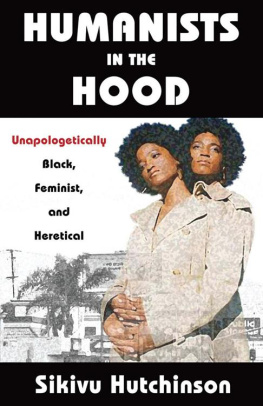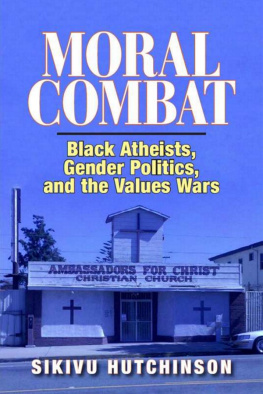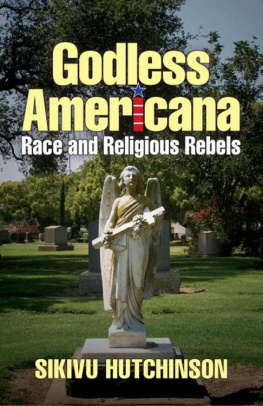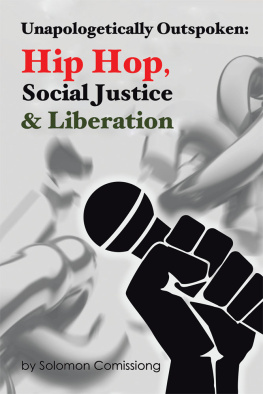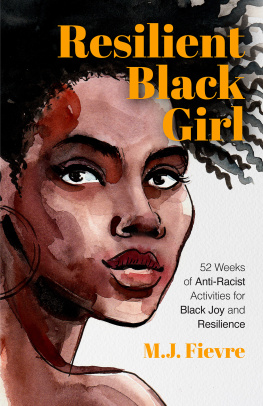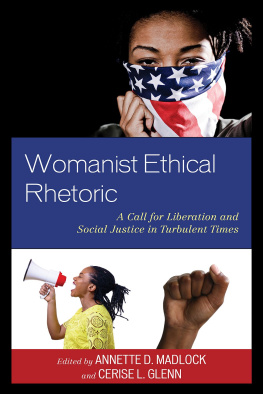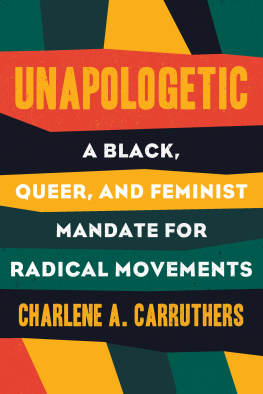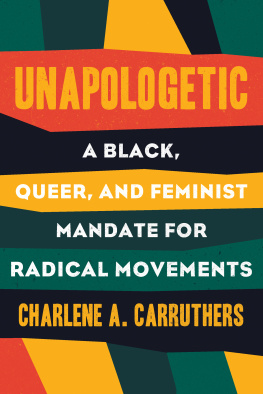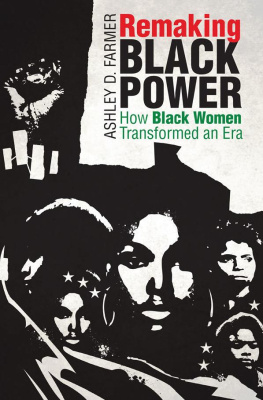Advance praise
for
HUMANISTS
IN THE
HOOD
The time is now for Humanists in the Hood. With compassionate, razor-sharp clarity, Sikivu Hutchinson provides a courageously bold Black, feminist, and atheist road map to liberating ourselves, our communities, and U.S. society. She invites and challenges readers to step outside of comfort zones to consider different possibilities in response to the oppressive systems that silence and annihilate all of us on the margins. Hutchinsons words are a clarion call for radical, tangible actions for these perilous times.
Aishah Shahidah Simmons, author of Love WITH Accountability and Producer/Director of NO! The Rape Documentary
Humanists in the Hood is an acute reminder of the struggle we as Black women have and still experience. It has documented in one place our travels and travails.
Bridgett Crutchfield, Black Nonbelievers of Detroit
Humanists in the Hood is a must read for everyone, but especially anyone who considers themselves progressive and supportive of marginalized people. With her in-depth analysis, Sikivu has issued yet another challengeto take a long, hard look historically, institutionally, and, most important, internally into the often complex world of feminism and how humanist/secular values have and must continue to inform our fight for equality.
Mandisa Thomas, Founder and President, Black Nonbelievers, Inc.
Humanism in Practice
Series Editor
Anthony B. Pinn
Rice University
Institute for Humanist Studies (Washington, DC)
Humanism in Practice presents books concerned with what humanism says about contemporary issues. Written in a reader-friendly manner, the books in this series challenge readers to reflect on human values and how they impact our current circumstances.

Pitchstone Publishing
Durham, North Carolina
www.pitchstonepublishing.com
Institute for Humanist Studies
Washington, DC
www.humaniststudies.org
Portions of this work have previously been published elsewhere in The Humanist, The Huffington Post, L.A. Progressive, The Feminist Wire, and The North Star
Copyright 2020 by Sikivu Hutchinson
All rights reserved
Printed in the USA
10 9 8 7 6 5 4 3 2 1
Library of Congress Cataloging-in-Publication Data
Names: Hutchinson, Sikivu, author.
Title: Humanists in the hood : unapologetically black, feminist, and heretical / Sikivu Hutchinson.
Description: Durham, North Carolina : Pitchstone Publishing, [2020] | Series: Humanism in practice | Includes bibliographical references and index. | Summary: Explores the ways in which African American women who identify as feminists and atheists are spearheading an anti-racist, social justice humanism in todays polarized political, social, and cultural climateProvided by publisher.
Identifiers: LCCN 2019054263 | ISBN 9781634311984 (paperback) | ISBN 9781634311991 (ebook)
Subjects: LCSH: African American feminists. | FeminismUnited States. | African American women. | Social justice. | Humanism.
Classification: LCC HQ1421 .H88 2020 | DDC 305.48/896073dc23
LC record available at https://lccn.loc.gov/2019054263
Cover photos by Breeze
Cover design by Alan Bell
Cover photo models: C and C Brooks
CONTENTS


INTRODUCTION: THE STONE COLD HERE AND NOW

In my own work, I write not only what I want to readunderstanding fully and indelibly that if I dont do it no one else is so vitally interested, or capable of doing it to my satisfactionI write all the things I should have been able to read.
Alice Walker, Saving the Life That Is Your Own: The Importance of Models in the Artists Life, 1976
Feminism and atheism are dirty words that Americans across the political spectrum love to hate and debate. Throw them into a blender and you have a toxic brew that defies decency, respectability, and Americana. Trot them out in debates about abortion or LGBTQI rights and you can unite white conservative evangelicals and Black Hoteps (Black folks who subscribe to a narrow version of Afrocentrism) in a sneering, strange-bedfellows lovefest.
I came to feminism as a baby atheist growing up in South Los Angeles. My first pangs of unapologetic godlessness were in Catholic school. Sitting in dreary religion classes run by sanctimonious white male teachers made me despise the Bible, its moral hypocrisies, and its violent woman-hating language. It was inane to me that a centuries-old good book could dictate that I remain silent, bow down to patriarchs, step back as chattel, and view my body as an impure vessel of original sin redeemable only through self-sacrifice and submission to a male deity. It was madness that these atrocities could be justified by the unquestioned moral righteousness of a Christian tradition that condoned slavery, rape, and homophobia. The beauty and majesty of the good book, and the omnipotent god at the cosmic switch of the universe, were a patent lie in the face of all the suffering and inequality I saw right in front of me. So, while some were able to compartmentalize these fascistic tenets, cherry pick the good stuff ad nauseum, and divorce the bad stuff from God, I decided that it didnt make sense to give the Biblenor any so-called holy book that gave supernatural beings dominion over mere earthlingsa pass. Why not cut out the theological claptrap and chuck gods altogether? Why not concede that the crazy quilt of theistic belief systems, creeds, and dogmas that sprawl across cultures and nations was a far greater testament to human artfulness than godly omniscience? As a twelve-year-old, accustomed to hearing about how that conniving temptress Eve screwed up folks residence in the Garden of Eden, it was clear to me that much of the policing of femininity that I and other girls encountered had a strong basis in Christian religious dogma. From the moment were assigned the female gender at birth, girls sexuality is a commodity, an object, an asset, and a liability to be marketed, bought, sold, and controlled in a birth-to-death cycle in which girls and women are straightjacketed by a litany of dos and (mostly) donts. Dont sit this way, walk this way, talk this way, dress this way. Dont go there, hang out with them, drink, smoke, act like a bitch, act like a ho, act like a dude, get yourself raped or knocked up. And when you get older, supposedly beyond the regime of the sexualizing male gaze, dont ever think you will be relevant, whether you have kids or not. At every stage, organized religion, through the language of a grindingly policing theism, is there to impose boundaries and limits.
The Catholic school that I went to for one year was a perfect training ground for this dance of invisibility. In the Reagan years, it was widely viewed by some middle-class Black and Latinx parents as an antidote to the bad schools in South L.A. and neighboring Inglewood (then a predominantly Black community that had been largely white up until the late 1960s). On the surface, the schools virtually all-white faculty and ethnically diverse student body were poster children for multicultural integration. Beneath that shiny facade, the school had the usual cauldron of hierarchies: bullying cliques, authoritarian religious bureaucrats, predatory jocks, and favorites-playing teachers. Then, as now, private religious schools were microcosms of a segregated two-tier educational system. Middle-class and working-class parents of color desperate to give their children a leg up bused them to elite schools hoping against hope that the racial tensions that fueled post
Next page
